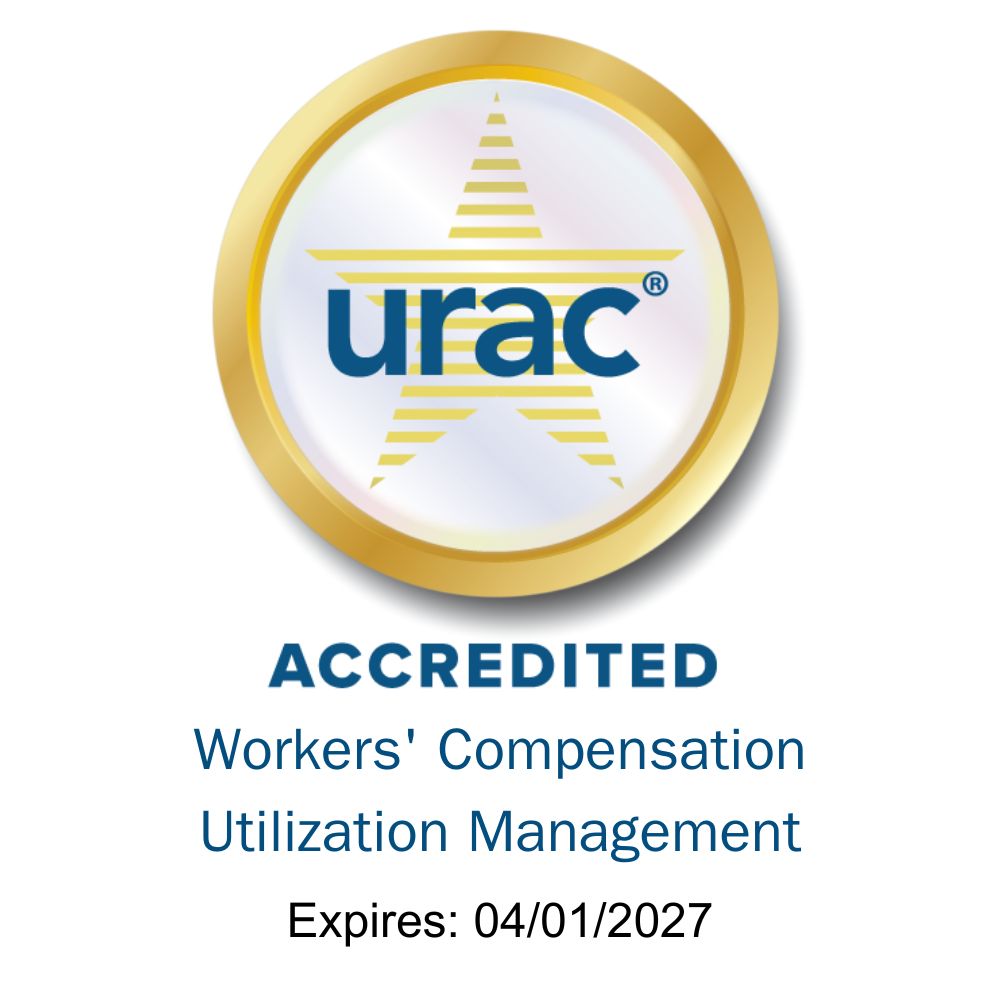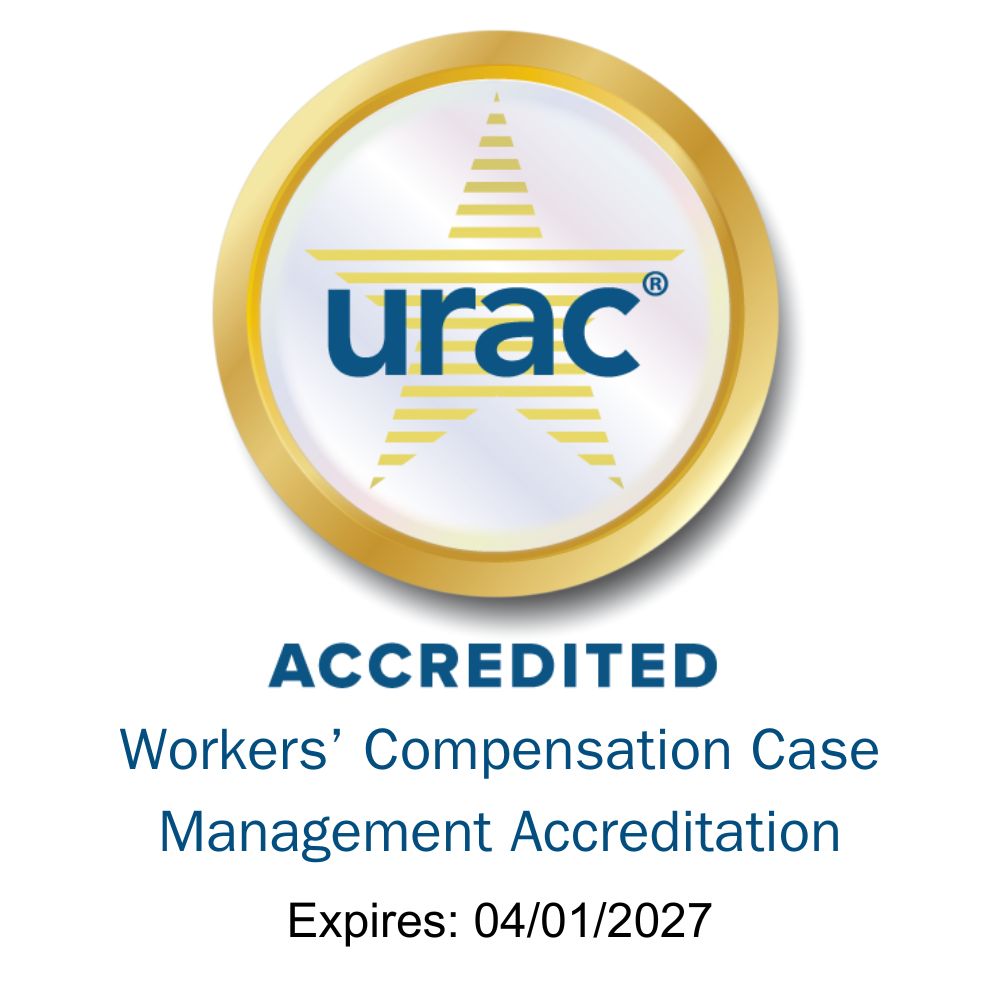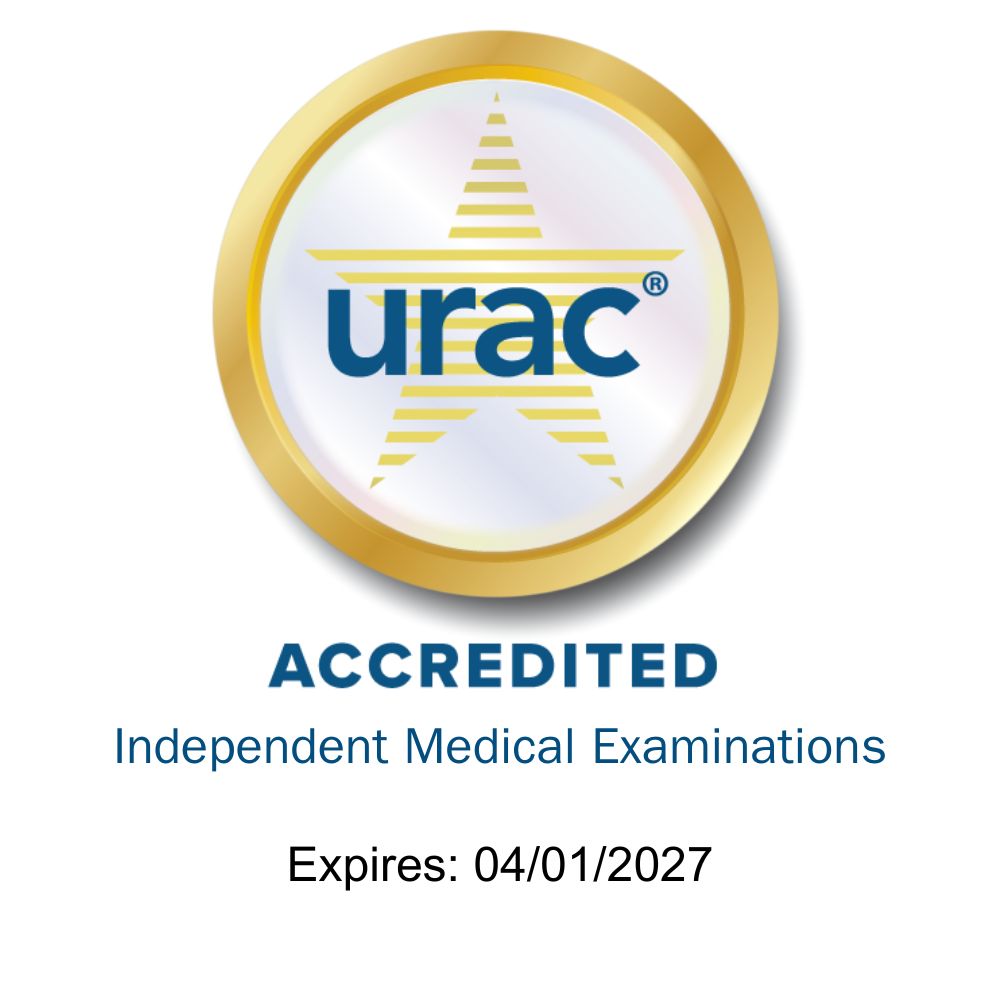Like many of you, I sometimes get bogged down by the negativity that plays out in our daily newsfeeds. Don’t get me wrong, as a long-time journalist, I’m not one to blame the messenger for reporting sad or unpleasant news, but sometimes we all need a reminder of the positive moments that happen more frequently than we realize.
Since it’s National Case Management Week, I thought I’d share a few stories of professionals in our industry who make a significant difference; in some cases, saving lives. At Genex, we celebrate our top case managers through the Heart of Case Management Award. The award is a symbol of pride throughout our company and a badge of honor for the recipients who earn it. To me, the most amazing thing about this contest is not just the remarkable efforts of the three case managers who win, but the plethora of extraordinary entries we receive from case managers across the country.
I was moved by the story of Andrea Wood RN, BSN, PHN, CCM, a case manager from Genex’s Charlottesville, VA, office. Andrea was assigned a case involving a 25-year-old office cleaning professional who failed to meet her return-to-work goals within the original time frame. Though she regained the physical skills to perform the job, the woman continued to struggle with the mental anguish of her injuries, which she sustained from an assault while restocking supplies in a men’s room. Andrea applied her experience in treating patients with post-traumatic stress disorder and built a trusting relationship with the injured worker. Andrea then teamed with the employer to assign the injured worker to a new office setting, which gave her the confidence to move forward from the injury.
I was also heartened by a case involving Rachel Boughter, RN, BSN, CCM, a Milwaukee Genex case manager who prevented a 27-year-old injured worker who sustained a foot-crush injury from receiving a below-knee amputation. Instead, Rachel sought out a better alternative — involve more specialized providers in the case and coordinate hyperbaric chamber treatments for tissue salvage. She then consulted with multiple physicians and received a recommendation for a less-invasive transmetatarsal foot amputation for the injured worker. Rachel worked with surgeons, providers and administrators to coordinate appropriate care, support, and medication tapering. Thanks to her efforts, the man was not only able to return to work after three months, but walk down the aisle and dance at his wedding six months later.
And then there are the cases that go beyond return-to-work goals. One of my favorites involves Malin Ruffino, a telephonic case manager in Florida. Malin was conversing with a new claimant when the injured worker inadvertently announced he wanted to end his life. Malin stayed calm and maintained conversation with the injured worker while contacting another case manager to call 911. Malin continued to engage the injured worker until police arrived, giving the injured worker the help he needed at this desperate time.







